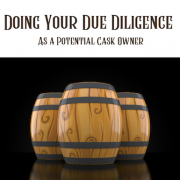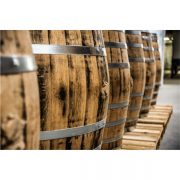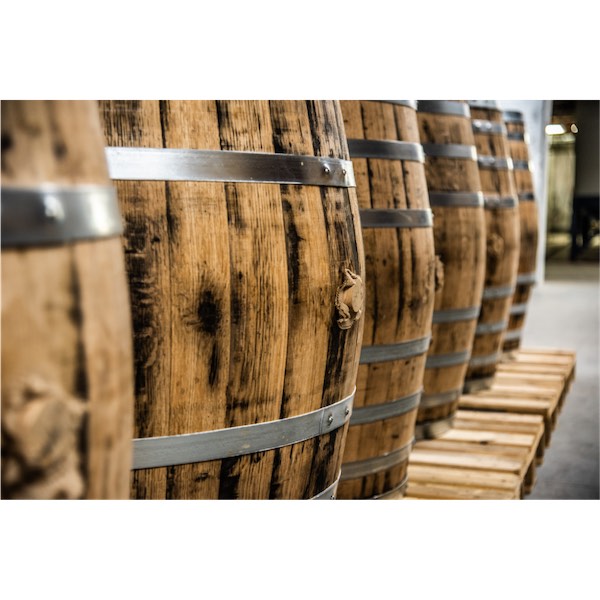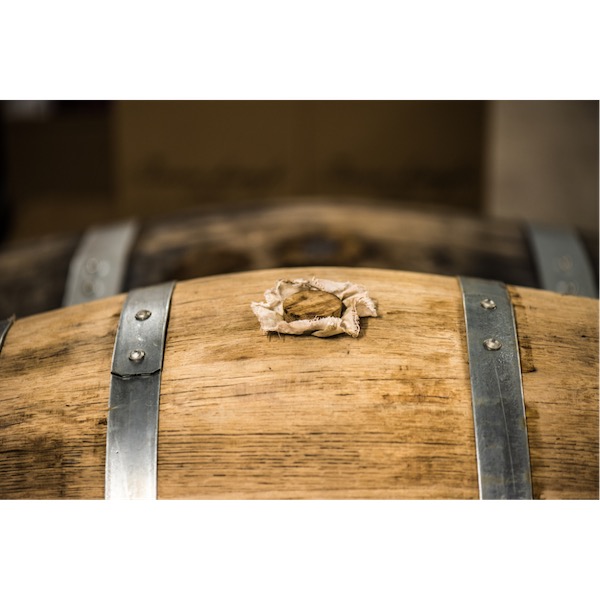Doing Your Due Diligence – As a Potential Cask Owner
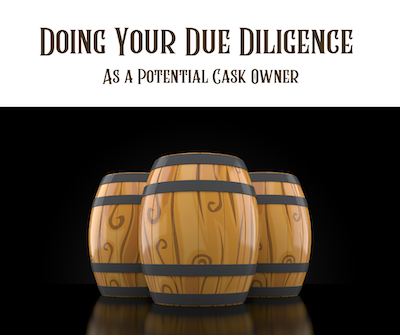
We live in an unpredictable world right now. With Covid-19 still raging in many parts of the world, the global economy is facing a huge challenge. International travels come to a halt and some people realised the spare cash could potentially go into a proper investment.
At the same time, alternative investments such as whisky casks, watches and fine art are on the rise. The reason is quite apparent – the stocks and property markets are too volatile to venture into without high risks.
Unfortunately, the weak economy also gives rise to scammers looking to make quick bucks. If you are in the market shopping for Scotch whisky casks as a potential alternative investment, here are some of the things that you can do. Doing your due diligence to check the companies offering whisky casks is vital to protect your investments. Do note that the below apply only to the UK and Scotch whisky casks.
Ask for the company’s WOWGR
All companies in Scotland that have the permission to hold goods in duty suspension in a bonded warehouse have a document called a WOWGR. HMRC (Her Majesty’s Revenue and Customs) gives out the WOWGR and all companies need to have this license in order to trade in duty suspension.
In order to apply for a WOWGR, a company needs to present the following information to HMRC:
– A business plan, including evidence of a commercial need for a WOWGR
– Details of trading partners and the due diligence on said partners
– Types of trading products
– Clear evidence on who is undertaking the movements of these products
– Cash flows
– Insurances
– Published Accounts
– Profit and losses
Officers from HMRC will also visit the place of the business to conduct a detailed interview before approval. After issuing the WOWGR, HMRC also expects the company to inform the officer-in-charge if there is any major changes (such as a change in trading partners) to update the WOWGR. The stringent checks put in place by HMRC provide a layer of protection by screening the company and ensuring that they are a proper legal entity.
Request for the company’s VAT & EORI number
The UK VAT number is similar to Singapore’s GST number. It is essentially a unique ID that HMRC provides to businesses when they register for VAT. In the UK, the VAT numbers are nine digits long and may or may not have the prefix “GB”.
It is also important for companies who offers to bottle your casks and ship them out to you to have the EORI (Economic Operator Registration and Identification) number. Without the EORI, the company will not be able to ship them out as duty-suspended goods. Therefore, if you are planning to bottle your cask eventually, make sure that you check for both the VAT and EORI numbers.
When you ask for a VAT number, you should also check that the VAT number is valid. The UK government provides a system to check for the validity of the number. If the company has a valid VAT number, the system will show the validity together with the registered business address.
The EORI number can also be checked. The UK government provides this website for everyone to check for the validity of the EORI number.
Check for the company’s AWRS number
AWRS is known as the “Alcohol Wholesaler Registration Scheme” in the UK. Any business that want to sell alcohol must apply for AWRS. Without the approval, the business is illegal and will face penalties from HMRC.
A company needs to apply for AWRS if all of the following apply:
– the business sells, or arranges the sale of alcohol, and has an establishment in the UK
– the sales are made at, or after, the point where excise duty is due
– any sales to other businesses are made for onward sale or supply
You need to take note that AWRS is only needed by companies that sell bottles. Therefore, if a cask broker firm trade only casks and not bottles, they will not need to have AWRS. To find out if they need an AWRS, you can go to their website and find out if they also trade bottles. As long as they trade bottles of alcohol, you can be sure that the business will need a AWRS.
Once you obtained the number of the company’s AWRS, you can check for its validity at this website. It is provided by the UK government and will help you to verify that the AWRS is valid.
Similar to the WOWGR, the business must inform HMRC of any changes to the company’s details as soon as possible. Important changes such as a change in partners, directors, trading name, VAT number and contact details must be notified no later than 14 days from the date of change.
Read up on the company
The next crucial thing to do is to research the company that you want to buy the whisky cask from. It is important that you know who they are, what they specialise in, and how they can help you to achieve your investment targets.
Search for their website and social media pages to see what they regularly do. Look out for any reviews that they may have online. You can also drop an email or a call to the company to see their responses to your questions.
Ultimately, you will need to trust the company when you finally part with your cash to buy a whisky cask.
Look for the annual financial returns
To look at the annual financial returns of a company, head over to Companies House, a website in the UK which records all the registrations AND annual returns of a company registered in the UK. As long as the company is registered in the UK, you will find it there.
A financially healthy company faces lesser risks of bankruptcy, collapse or foreclosure in a weak economy. Buying a whisky cask with a healthy company also safeguard your investment as the process can take longer than you think to sort out. If a company collapse before you receive the Certificate of Title of the cask you bought, it may be tricky for you to prove that the cask belongs to you.
Conclusion
We hope that the article is helpful to everyone, especially those of you who are considering to buy a whisky cask as an alternative investment. If you would like to read more, you can read up on Excise Notice 196. It is a section of UK’s law regarding the excise goods and has comprehensive information on all of the above points discussed. Should you have any further questions on any of the above points, or wish to ask for more information about whisky casks, please contact us at sales@spiritscastle.sg and we will get back to you as soon as possible.

